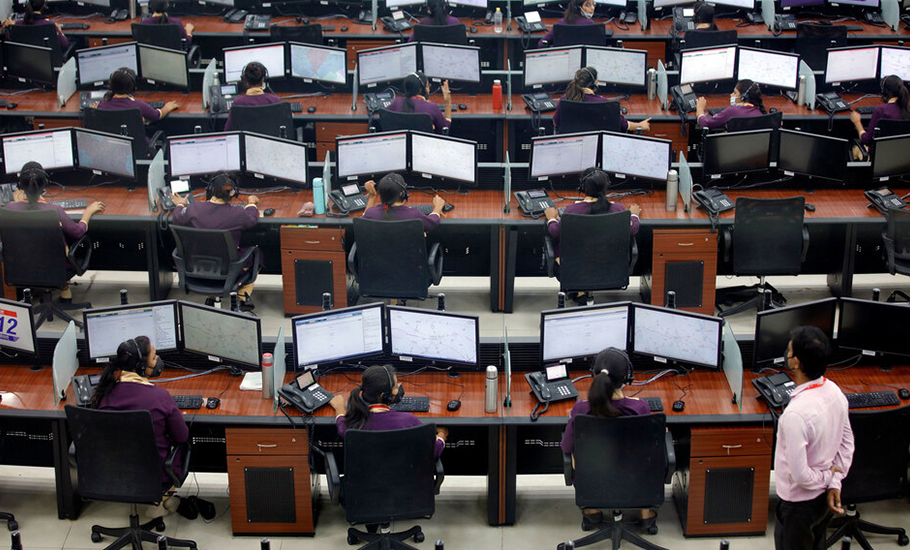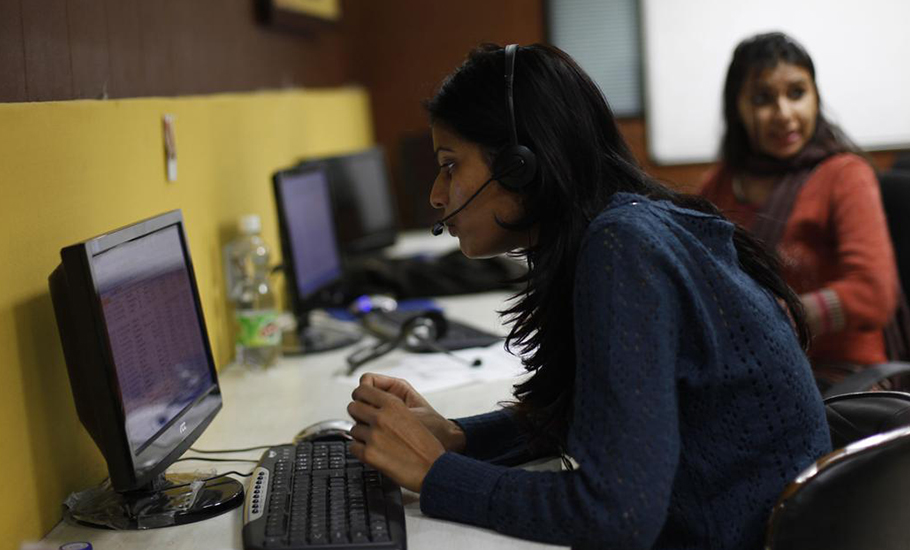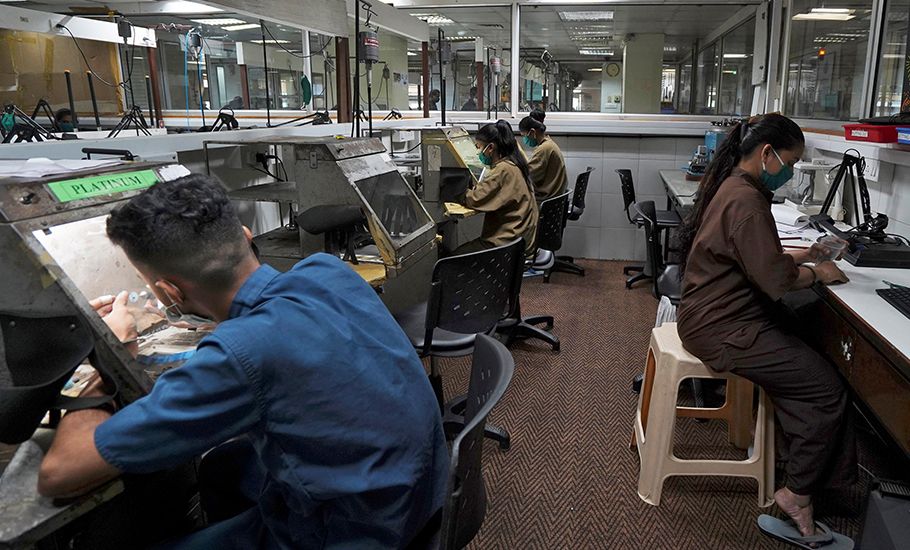
- Home
- India
- World
- Premium
- THE FEDERAL SPECIAL
- Analysis
- States
- Perspective
- Videos
- Sports
- Education
- Entertainment
- Elections
- Features
- Health
- Business
- Series
- In memoriam: Sheikh Mujibur Rahman
- Bishnoi's Men
- NEET TANGLE
- Economy Series
- Earth Day
- Kashmir’s Frozen Turbulence
- India@75
- The legend of Ramjanmabhoomi
- Liberalisation@30
- How to tame a dragon
- Celebrating biodiversity
- Farm Matters
- 50 days of solitude
- Bringing Migrants Home
- Budget 2020
- Jharkhand Votes
- The Federal Investigates
- The Federal Impact
- Vanishing Sand
- Gandhi @ 150
- Andhra Today
- Field report
- Operation Gulmarg
- Pandemic @1 Mn in India
- The Federal Year-End
- The Zero Year
- Science
- Brand studio
- Newsletter
- Elections 2024
- Events
- Home
- IndiaIndia
- World
- Analysis
- StatesStates
- PerspectivePerspective
- VideosVideos
- Sports
- Education
- Entertainment
- ElectionsElections
- Features
- Health
- BusinessBusiness
- Premium
- Loading...
Premium - Events

Why techies are still taking time to Zoom out of work from home

The last time KR Guru Prasad ventured into his office in Bangalore was six months ago. That was an emergency of sorts as his computer had crashed and it had to be replaced quickly. But that rare sortie into the workplace after 18 months of working from home also gave him the chance to look up his old cubicle. “I wanted to see how the office was, check out if my desk was still there,”...
The last time KR Guru Prasad ventured into his office in Bangalore was six months ago. That was an emergency of sorts as his computer had crashed and it had to be replaced quickly. But that rare sortie into the workplace after 18 months of working from home also gave him the chance to look up his old cubicle.
“I wanted to see how the office was, check out if my desk was still there,” he laughs. He recalls that everything was intact but the office itself was deserted — only the team managing the networks was in.
For most techies like Guru Prasad, work from home is still the norm. But even at his firm, there’s a slow shift happening and more teams are now getting back to the workplace.
As Covid cases decline and the hustle and bustle returns to our big cities, that’s a general trend you hear about. Getting employees back into offices is not going to happen overnight — like how the sudden switch to work from home took place two years ago. It’s most likely going to be an office-home balance, at least in the tech sector, most observers reckon. And, the soft launches are being tried out now.
“I think managers are trying to negotiate with employees… is three days a week (at office) the golden mean or is it four days? How does it pan out,” says Anjali Varma, an independent HR consultant based in Bengaluru.

“But I think everybody is aware that they can’t go back to a five-day week suddenly. It’s not going to happen and probably work from home is here to stay to a certain extent.”
In the past two years, there has certainly been a change in how people approach work and routines, especially in a non-work setting where they have to block out everything around them, she reckons. “The way employees look at themselves has also changed. They know that they can work remotely, they know that they can work without constant supervision,” says Varma.
“Because we have done it for two years now, it has kind of eased into a rhythm and what I see around me is that people are able to toggle being at home as well as work.”
Return to office, even a staggered one, isn’t an easy transition. A manager in Bengaluru who will start going to the office this week points out the complexities involved. To start with, the company plans to bring in employees for three days a week. But the space available isn’t going to be the same as earlier. “So, if you have 100 people in your team, you are allocated only 70 seats and you have to manage that somehow. So it’s a task for a lot of people to sit and make rosters.”
There’s also a big step to take before that – getting people to relocate to the cities their offices are located in.
Actually, quite a lot of the employee population is not in Bengaluru. During the last two years, many had gone back to their hometowns, says another MNC employee who didn’t wish to be named.

Generally, the work-from-home routine is something many employees have settled into. “If my shift starts at 1.30 am, the cab guy used to roll up at 11.30 pm. So, those two hours of me travelling one way and two hours back, I save all that time working from home,” he says.
Prior to Covid, his office campus was open 24/7 with a floating population of employees who worked across global time zones — and the company had a large fleet of cabs on call. His company too has been sounding out employees on a return to the office of late, he adds.
Three days a week at the office appears to be a fair halfway point, thinks Anjali Varma. “I think so do many employees. Because people are also looking forward to meeting their colleagues. I think that brings a different energy to work and for employees, building social capital is so essential.”
Especially so for the rookies. “Fresh grads are getting frustrated because they want to come to the office, want to go on team outings, team dinners and lunches,” says a senior manager at a tech firm in Bengaluru. “Some of them have not even seen the face of the office. They joined virtually and are also leaving virtually.”
During the pandemic, his company let go of a couple of office buildings that it had leased and it plans to continue the virtual workplace model for a while longer. “Covid has proven that everybody can work virtually. Plus, I believe employees are working more than what we used to in office,” says this person.
Add to that, the other aspect — of now being able to juggle family responsibilities — that some employees point out. Guru Prasad’s son was born just a month before the national lockdown in March 2020 and he’s had a close-up experience of parenting in these past two years. “If I was going to the office, I don’t think I would have seen him grow up so closely. That’s the best part of all this,” he says. Having a toddler around also meant fine-tuning his approach to work and organising his schedule better, he says. “It actually works, if you are completely focused,” he says.
Of course, work from home had been a feature in tech companies before the pandemic. But, as Varma points out, it had always had a suspicious element attached to it. However, Covid has changed that. “Flexibility has now become the norm which wasn’t the case earlier. People respect that flexibility right, they will push back if they don’t get it,” says Varma. “In that sense, it’s changed a great deal for those who want to negotiate for the next job or negotiate a better work-life balance, or work-life effectiveness, whatever you call it.”
Headhunters agree. Remote or hybrid jobs are the first preference for new employees in the job market compared to office-only jobs, says Kamal Karanth, co-founder of Xpheno, a specialist staffing company. The tech job scenario, he says, is still buzzing — most companies are having to deal with attrition which is about 20 per cent on average.
As the market opened up last year and people started switching jobs and salaries rose, companies are coming up with policies to deal with the transient employee, he says. “In a way, what you are seeing is that companies are saying let us focus on getting the recruitment part right and not fret over losing people because you are going to lose people anyhow because you have no hold, because you are not seeing people and you are not being able to connect.”
But for companies to get the best talent, flexibility is part of the bargain, says Karanth. “They can’t counter this with money. Employees feel they are entitled to because at the end of the day they are offering productivity against this. So, organisations are accepting it. But I think the preference is for employees who at least will be in a hybrid mode.”
Karanth says organisations are also trying to tackle other concerns with remote working — that of employees moonlighting or missing-in-action. It’s not rampant, he says, but still something organisations are wary about. “People think the next silver bullet is to get employees to the office. But I think now the complexity is increasing because you have people who will be remote, people who will be doing hybrid and those who are coming to office,” says Karanth.

Varma, on his part, thinks organisations will lay out broad-based policies and leave the nuances or specifics to managers to figure out. “Because if you have newbies in the team you would want them to come to work to understand how work happens. But if you have an old hand at work who knows the system and has enough social capital to navigate all the networks, they can take the flexibility and work from home.”
